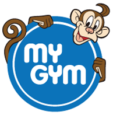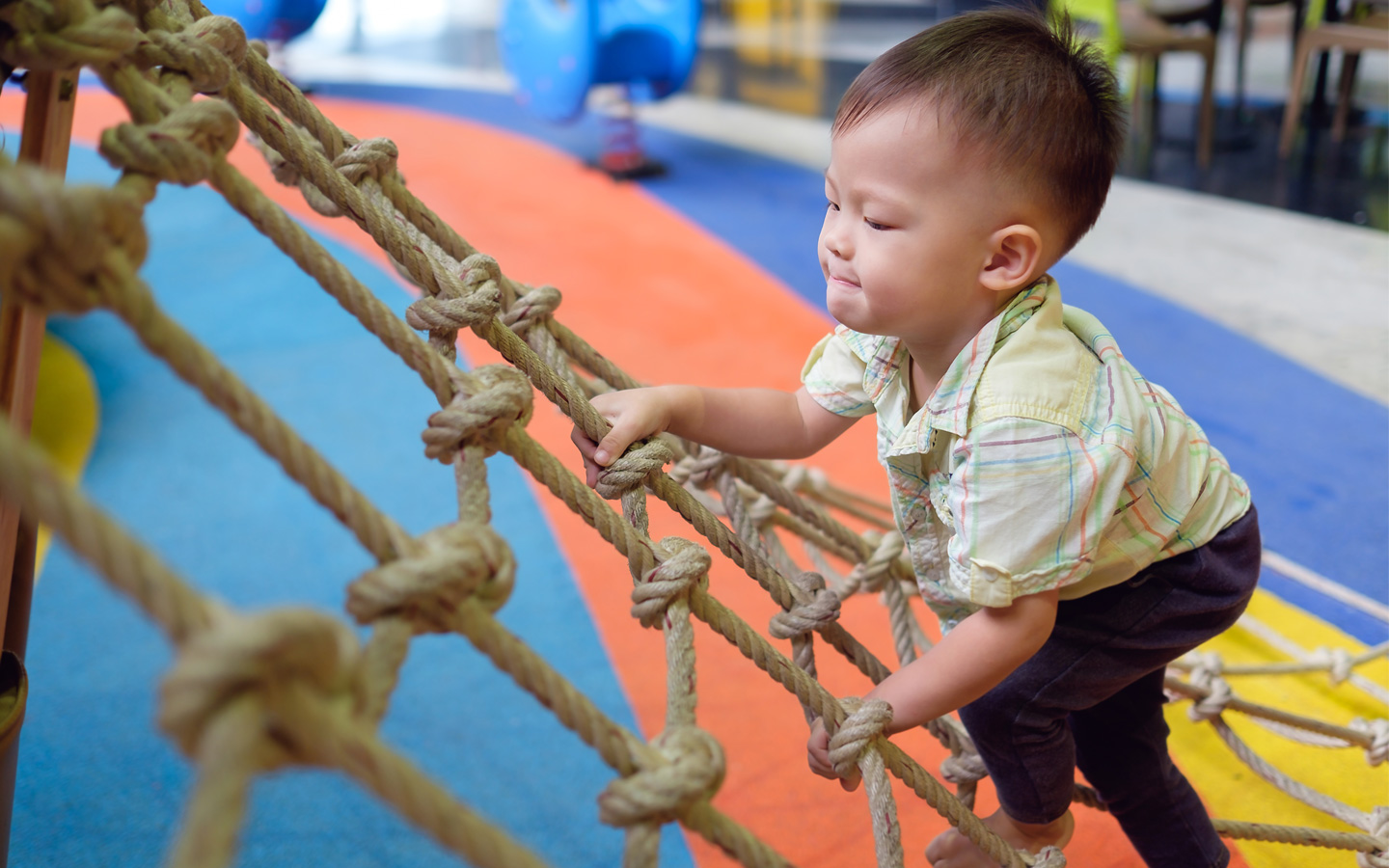How To Nurture Brain Development In Toddlers
Children learn through play. It is fundamental to a child’s early brain development and wellbeing. In fact, play is one of the most important ways to lay the foundation and promote formal learning.
Learning through play helps children in the development of language, emotional intelligence, creativity, and intellectual reasoning. So essential for a successful future in a formal classroom.
In toddlers, play strengthens powers of concentration, and helps a child exercise gross and fine motor skills as well as become adept at social interactions. So begin early, this blog will assist you get started in the development of the brain in early childhood way.
Nurturing positive outcomes
Keep these five factors in mind for ensuring a healthy body and a healthy mind and how you can enjoy learning through play with your child:
- Make it joy time
- Don’t set goals
- Make play instinctive, spontaneous & voluntary
- Actively engage in conversations
- Imagination & make-believe elements raises involvement
Re-imagine Playtime

Remember, play comes naturally to all children and early brain development starts very early in their lives. All you really need do is to reimagine and make playtime as imaginative as it can possibly be. Even leaving a toddler with very few play objects will draw your child into the world of imagination. You will soon discover how a toddler gets lost in her world of make-believe.
Setting aside ample time and space for play is essential to assist in the development of the brain in early childhood.
Schedule it into a habit forming exercise. Play is critical for your child as it helps bring her imagination to life. Builds literacy skills and intellectual reasoning. Awareness of their sense of self increases, and self-esteem gets a boost.
Furthermore, early brain development helps the child make sense of the world around her, improves social interaction and makes time fly. With a child, there are no boring moment. Period!
Sand is tempting
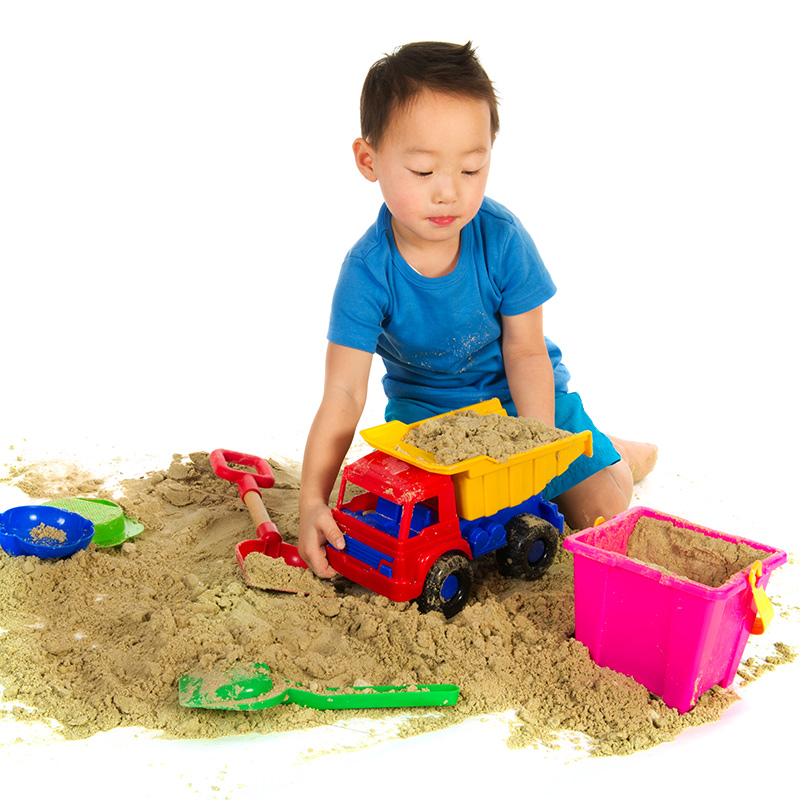
Playing with sand is a big opportunity. Scooping, digging, pouring and sifting, feeds a child’s curiosity. Teaches children to learn about how things work. In toddlers, it helps build their muscles and improve coordination. When played in the company of a sibling, the fun aspect multiplies as it then calls for teamwork, sharing, conversing and nurturing social skills.
H2O
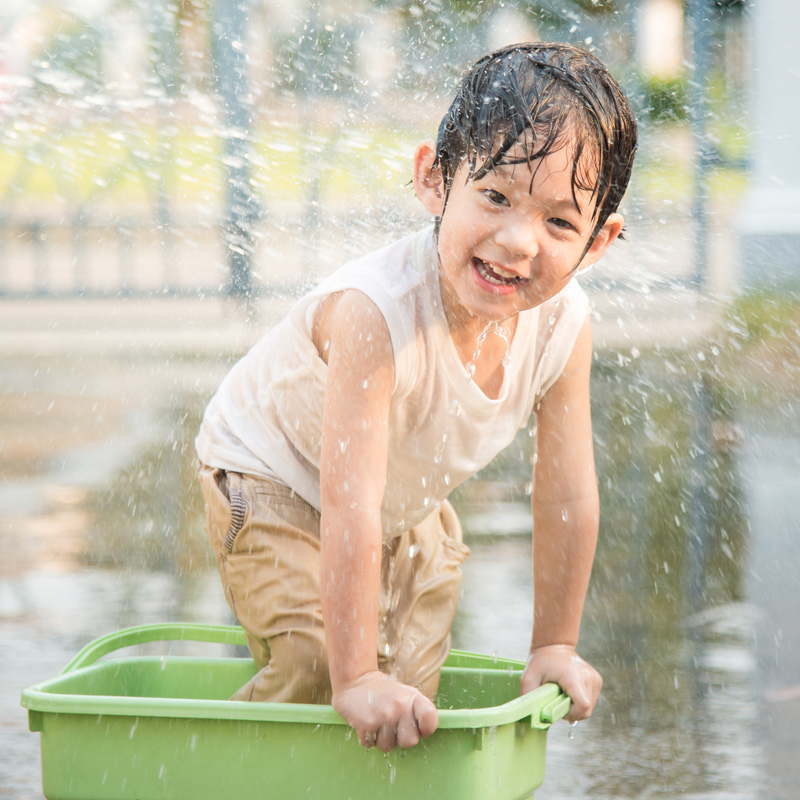
Water not only forms a major portion of our bodies, but is also the most enjoyable medium that makes play
absolute fun and an unforgettable experience. Like sand,
waterplay too helps in the development of the brain in early childhood. Enabling children to enjoy play in a safe and joyful environment.
Waterplay is great for improving movement of legs and hands, in fact every muscle in the toddler’s body gets a tune up. Movement helps increase the efficiency of hand-eye coordination and develops physical strength and builds stamina. Water will end up becoming your child’s
favourite play-medium. It is a winner, hands down!
Use these water moments to speak about the basic concepts such as volume, floating, and things like what cold and warm means in physical terms. Keep talking science, or even math, or sing. Accumulate a range of water play ideas you can draw upon at will. Sharing your experience in a meaningful, memorable and fun way.
Much a ‘dough’ about everything
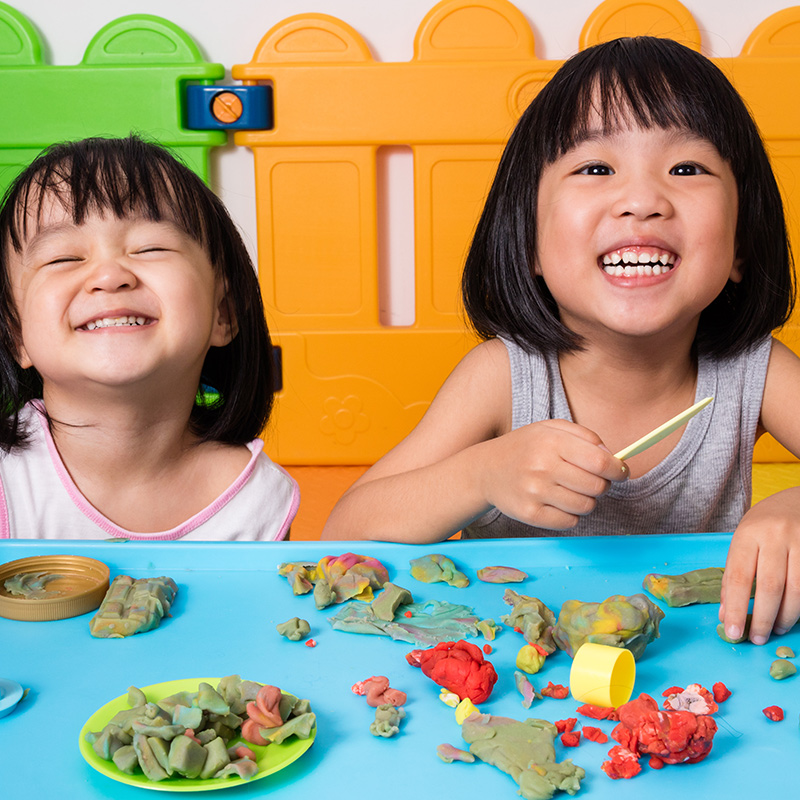
Dough is a great teacher of what playing and learning is all about. It aids early brain development in more ways than one. The things toddlers get to shape with dough is limitless. And all the time developing their fine motor skills, creativity and hand-eye coordination. Taking their skills to the next level.
Dough strengthen toddler’s fingers, preparing for a lifetime of playing, learning and writing. To boost and maintain interest levels, show how your child can stick a bead. Squeeze and knead the dough, roll it into a ball or an oval or a square. While you may do the eyes, brows, nose and mouth get your child to do the ears and stick them. She can make these ears as big as she likes. The bigger the ears, funnier the head will look.
Adding beads to the dough also invites the child to indulge in more fine-motor skill building exercises. Sticking, using a pair of scissors, squeezing the tweezer. Every movement of playing with dough is a learning moment. In terms of pure play-value and in the development of the brain in early childhood, nothing beats dough!
Play-value of drawing & painting
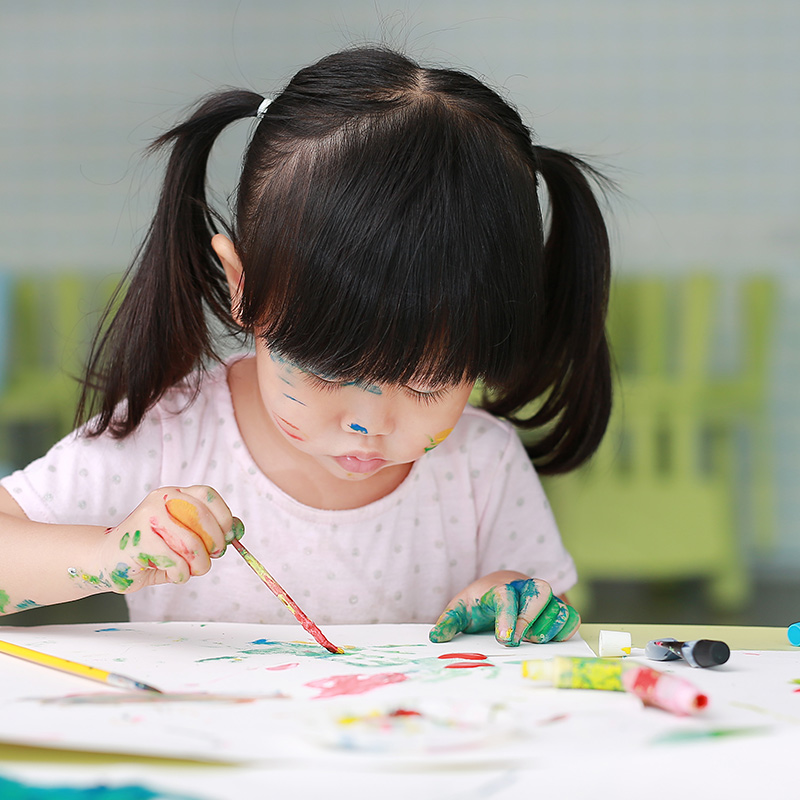
These activities puts every child in a free for all mood. Just let your child be while she goes wild with painting and doodling. Drawing tools allows your child to experience her world through her senses in an exciting and magical way.
Developing self-expression, decision making and developing pre-writing skills are the most critical of factors that your child gets familiar with. Drawing and painting as an activity is also an invitation to learn about colours, mixing and then of course, introducing the good-old tidying up habit afterwards!
We believe, your little one will receive the very best play time moments under your care and supervision. Create space for an art corner in your home. This will soon become the most active space in your home for you and your child.
Do a song & dance about music
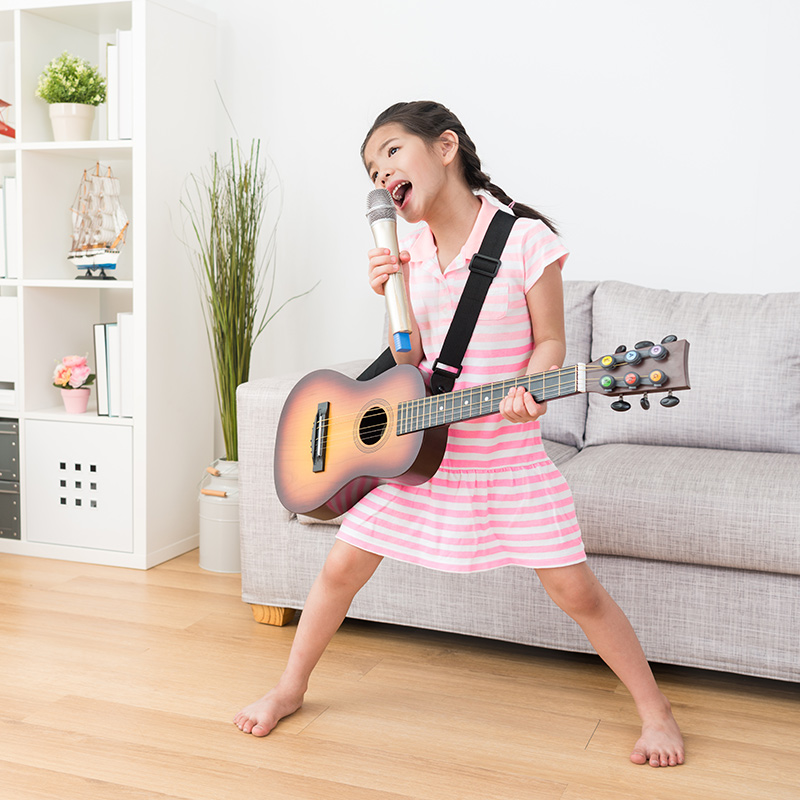
For most of us music is life and for brain development in children, it becomes pure magic. And no one is tone deaf. Singing, dancing and music immensely help develop language and will become the very basis for acquiring literacy skills, understanding mathematical concepts such as counting and adding. These activities also instil the habit of developing a rhythm in play and learning and helps refine listening skills.
Dancing helps brain development in children and in building strength, flexibility, and grace, not to mention coordination. Just to get a hang of it, spin a couple of times along with your child. With practice, it can make nausea and dizziness go away!
Movement is the essence of living
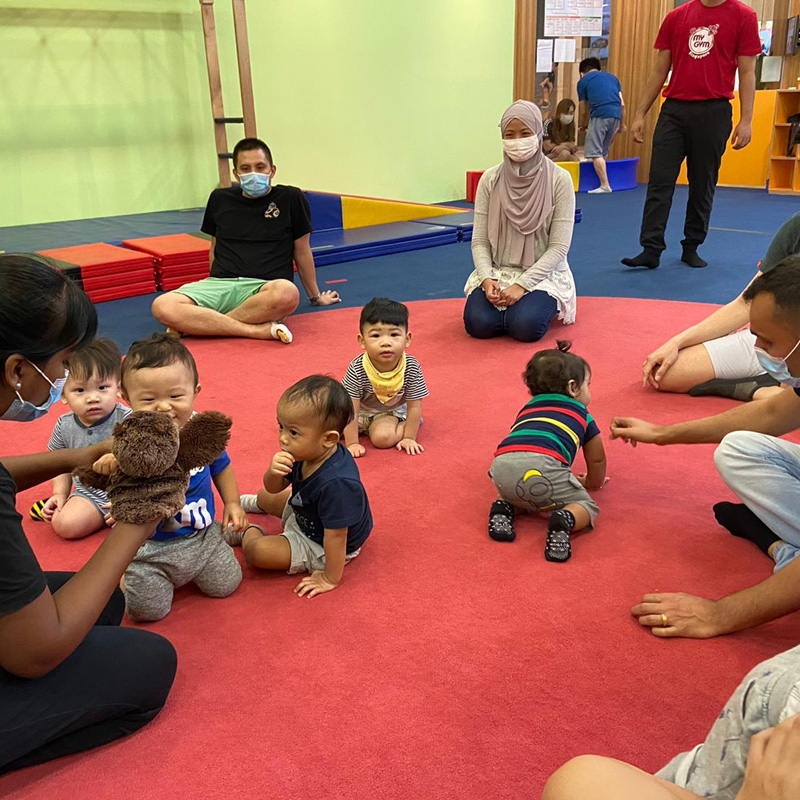
Running, jumping, climbing, swinging will fulfil the urge in toddlers and young children to keep moving. Helps in the development of the brain in early childhood. Just make sure there is a safe space for them to do so, and always introduce age-appropriate challenges as you go along.
As gross motor skills receive a boost, you will discover your toddler is able to move faster, pick up and handle objects easily and generally move around and explore her world with more confidence, and enjoy every bit of the process of discovery and the experience it initiates.
At ease interacting with nature
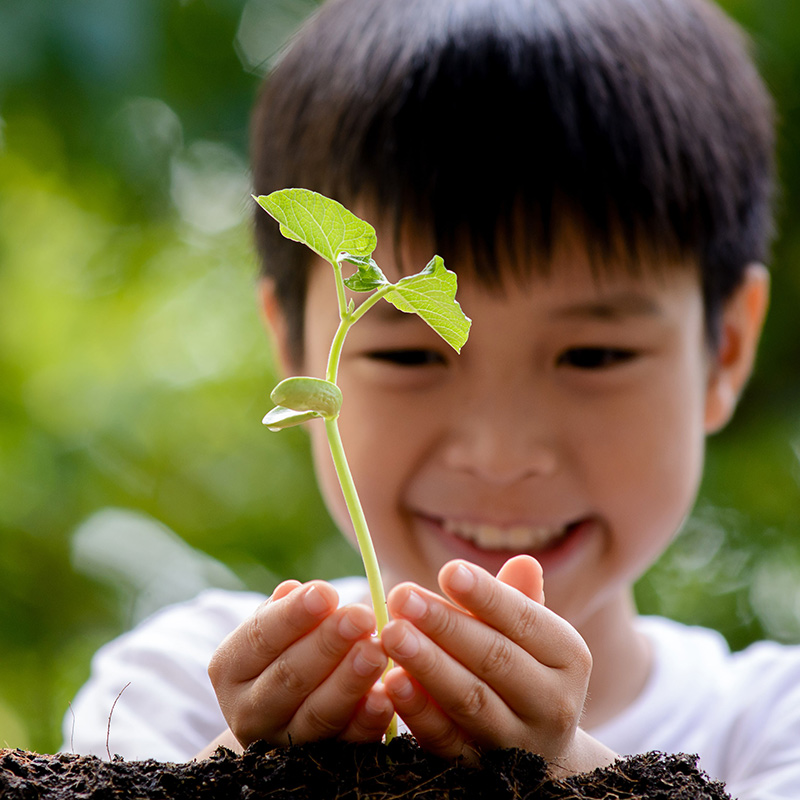
Learning is fuelled by the hi-octane ideas that the great outdoors trigger. Trees, birds, streams, ponds, fish and sunlight add up to make nature playtime immensely popular.
While it is not only helps gain a healthy body healthy mind, nature also teaches children to respect the environment, and introduce them to early learnings in botany, biology and about the living things that share their lives with us so willingly.
These moments with nature puts children on the path of becoming more independent, responsible as they find their natural inquisitiveness is amply rewarded. Nature never lets anyone down, and they shouldn’t either!
The role of role playing
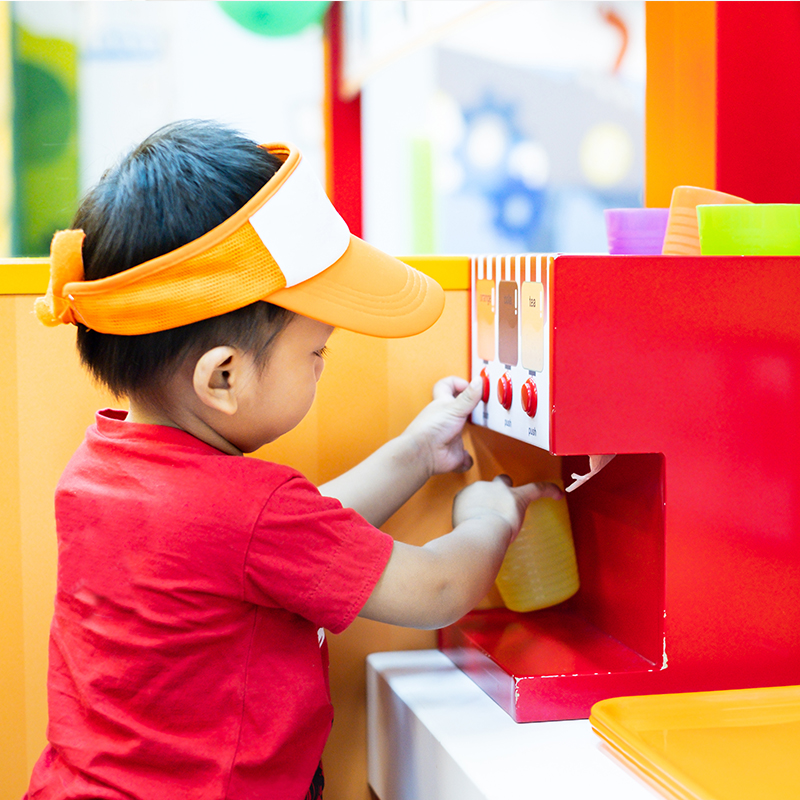
Every role children play teaches them something they didn’t know before. Helping in the development of the brain in early childhood. Imaginative dressing-up in clothes and using props such as Lego sets, boardgames, toy doctor’s kits, for instance lay the groundwork for their imaginations create interesting scenarios, sometimes running wild and going off in tangents.
Role playing imaginary characters enable both girls and boys to develop and improve their verbal skills, encourages imagination and the expression and labelling of feelings.
By dressing up to play the role of a doctor, an engineer, an astronaut, children begin to make sense of the adult world, the roles adults play, and understand their interests, as well as help in social interactions with them.
Apart from this, dressing-up helps to reinforce the physical act of wearing clothes — buttoning up, tying shoe laces, self-grooming methods. You will be surprised by the speed with which children learn to do these tasks all on their own.
The more the dressing up activity, the more they become familiar, and getting dressed for formal school life will be a breeze.
Finetuning the senses
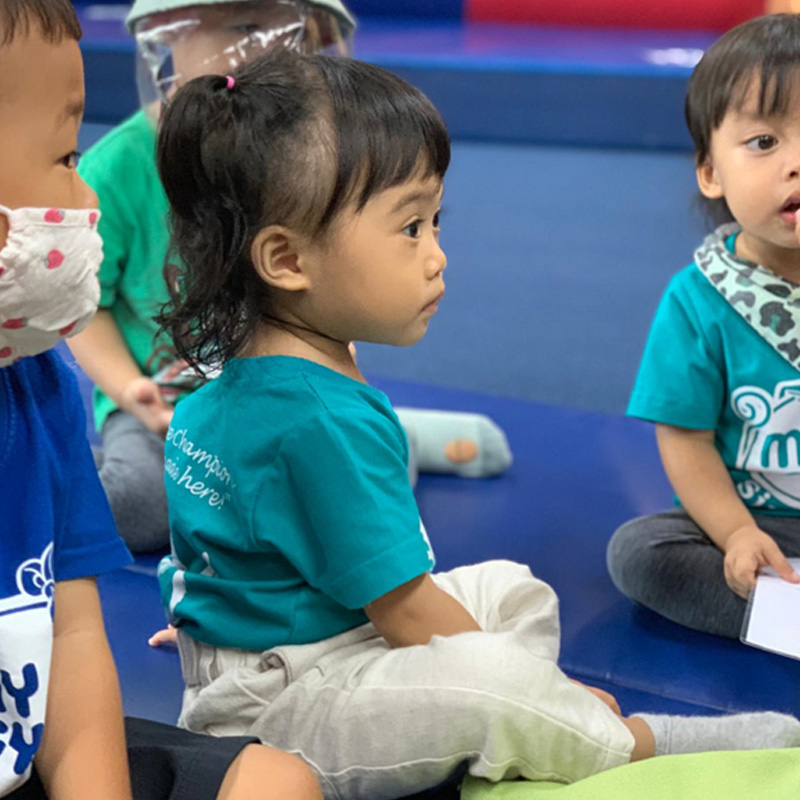
Sensory play is any play activity that involves touch, smell, taste, sight and hearing. Brain development in children is enhanced when they play with blocks, jigsaws, and shape sorters. Preparing the ground for experiencing spatial thinking, logical reasoning, ordering, and aiding in the recognition of various shapes, sizes, and colours.
Sensory play stimulates the urge to explore and turn into the building blocks for learning science, analyse concepts, investigate events and evaluate solutions children come up with.
More than just a game
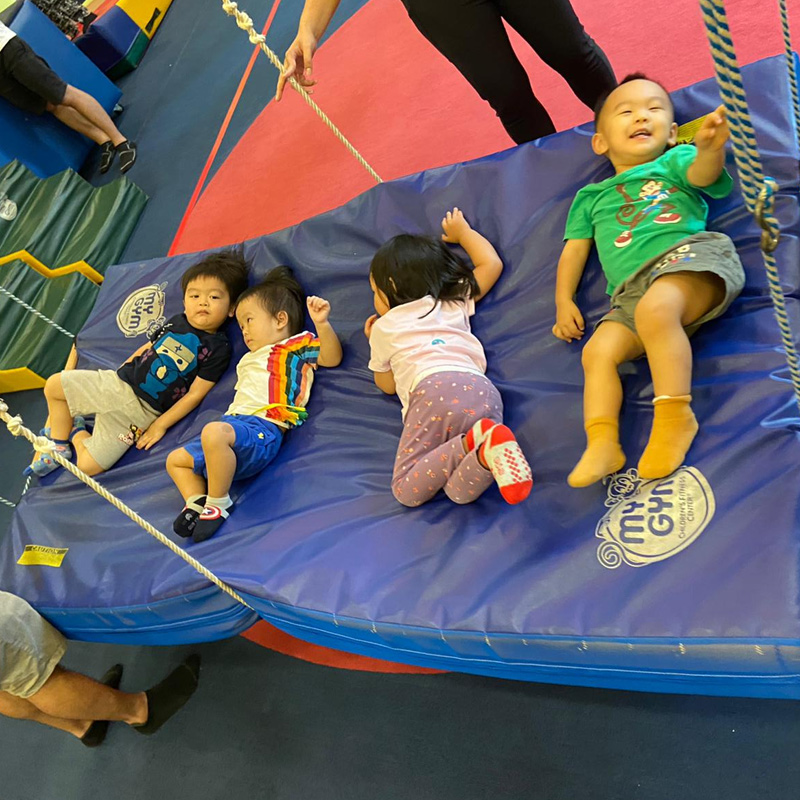
Boardgames are for all ages, even adults. Embrace them as they help spend time in an intelligent and constructive way. Toddlers grasp the process of learning through fun, understand themes and concepts of numbers, shapes, colours and acquire verbal skills to articulate their feelings. Starting with monosyllables and soon move on to forming full sentences.
Board games help erase social barriers and are vital as they play a major role in teaching young children the value of strategy, get into the habit of waiting for their turn and how to be thoughtful
towards others by sharing and promoting social interactions in a positive way.
About My Gym
Always ensure that your child has access to plenty of resources and opportunities to play, sing, draw, scribble and paint whenever she feels like it. Have fun playing and learning in a way she enjoys the most.
If you want to know about brain development in children, make-time to visit My Gym. Give us a call or email and schedule a visit. Your one-on-one interaction with experienced teachers will unravel several insights into the development of the brain in early childhood. More important, you will see for yourself how other toddlers and young children behave and handle themselves in a My Gym session. It will be a big eyeopener.

